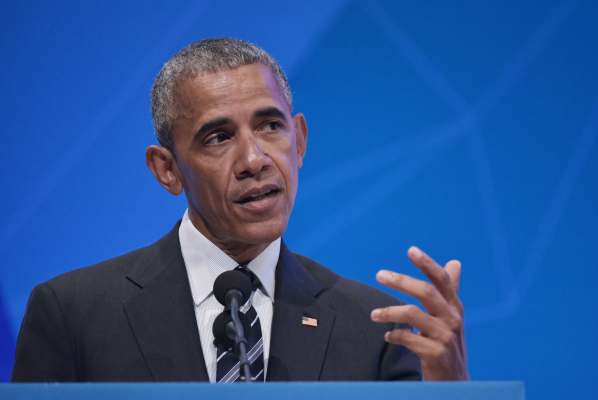The White House announced today new and expanded plans to improve diversity and inclusion within the startup economy, focused on higher education, investment and entrepreneurship. The diversity commitments made by schools, venture capital firms and tech companies represent a passing of the torch from the Obama administration to the private sector, which has been asked to take on the challenge of improving representation across the pipeline.
The American Society for Engineering Education is developing diversity and inclusion best practices for more than 200 member universities, and those schools have signed a pledge to foster diversity in their engineering programs. A coalition of more than 30 investment firms and accelerators has pledged to diversify access to capital, and to track and share data about the diversity of its portfolios. And 46 tech companies — including Xerox and TaskRabbit — have joined the Tech Inclusion Pledge, agreeing to publish recruitment goals and diversity metrics.
That’s a lot of pledges to keep track of. But the White House has pushed for many years to get the tech industry to step up and tackle its diversity problems, and, as diversity is unlikely to be a priority for the incoming Trump administration, it’s more important than ever for the private sector to take responsibility for addressing the problem.
“There is some data showing that firms that are more diverse are more likely to be successful. A lot of innovation comes from diversity, people with different backgrounds,” Tom Kalil, deputy director for technology and innovation at the White House Office of Science and Technology Policy, told TechCrunch. “In a lot of cases, what we’re hearing is that there’s an interest in doing something, but in some cases, they need more help about what to do and what actually works.”
The White House’s role has been to foster collaboration between companies seeking advice and organizations like the National Center for Women & Information Technology and Code 2040. The effort also serves to cement President Obama’s legacy on entrepreneurship.
The administration has championed the cause of entrepreneurship, and job creation has been a comfortable bipartisan issue post-Recession. Although the effort is nationwide, Obama has focused some of his attention on Silicon Valley startups — he announced the first 33 companies to sign the Tech Inclusion Pledge at the Global Entrepreneurship Summit this summer.
Kalil explained why the administration has paid such close attention to entrepreneurship. “First of all, entrepreneurship and startup activity plays a really really important role in job creation,” he said. “They definitely punch above of their weight in terms of their overall impact on job creation. Second, they are willing to challenge the status quo and willing to engage in disruptive innovation that may be more difficult for incumbent firms. Third, we have a lot of problems that require innovation that entrepreneurs are willing to tackle.”
Kalil didn’t speculate about what changes the next administration might bring to Obama’s economic policies, but said that the president has encouraged his staff to provide information about the work they’ve been doing to the next administration.
However, he pointed out that academia, investors, and companies will need to follow through on their pledges to diversity and inclusion. “I think that some of these efforts are being led by the private sector, so there are now companies and organizations and coalitions committed to carrying this work forward.”
